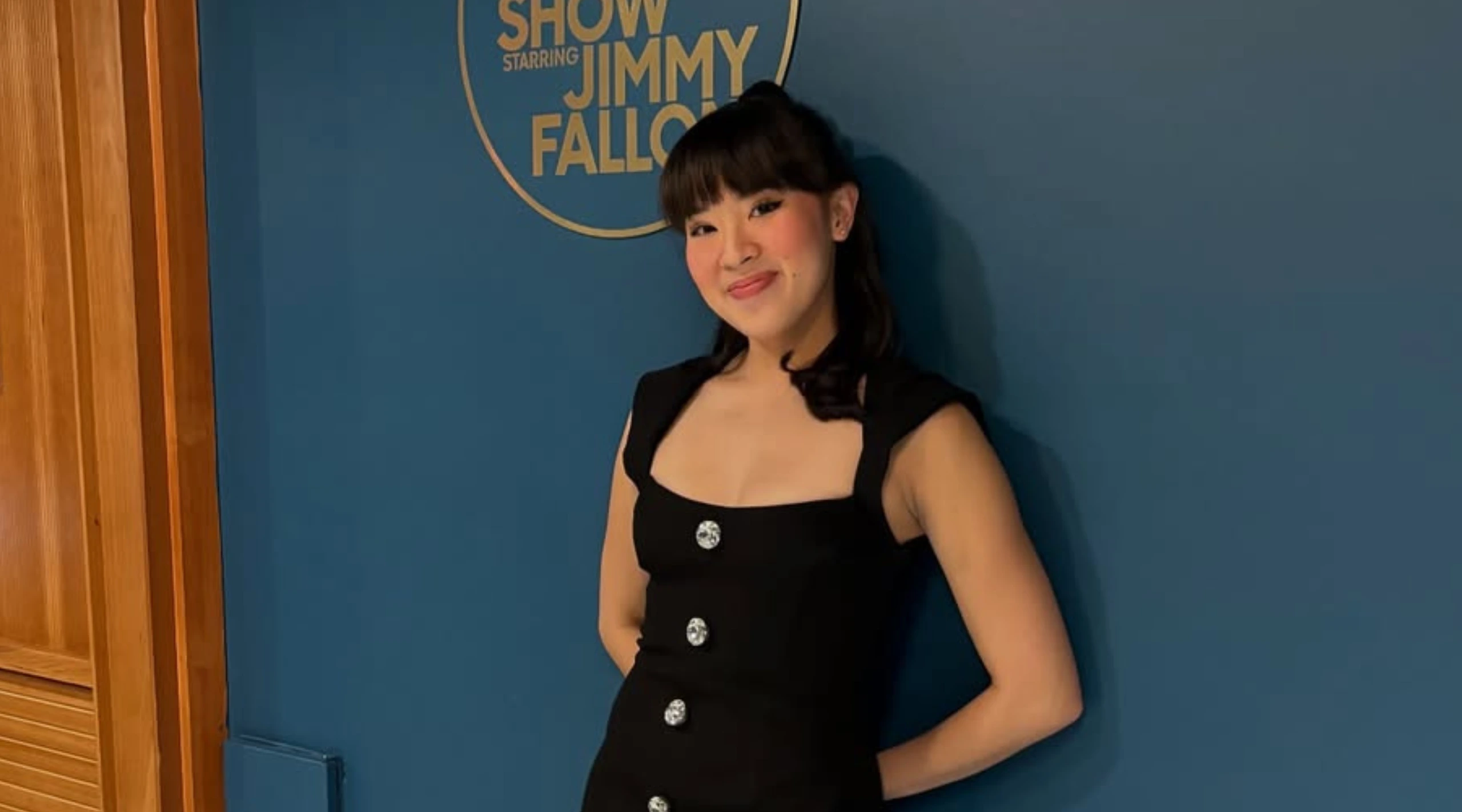Narcissistic Parenting: What It Is And How To Avoid It
Unlike other parenting styles, narcissistic parenting is in a league of its own. Here’s what it is as well as how to avoid it.
Despite “narcissistic parenting” coming out as a term only recently, it has been around for some time. More often than not, this only comes to light when physical abuse is involved. But words and certain behaviors can also be a form of abuse. Before understanding what narcissistic parenting is, let’s break down the terms and understand what narcissism is.
What is Narcissism?
Narcissism or Narcissistic Personality Disorder, according to the DSM-V, is defined as a “pervasive pattern of grandiosity” with a “constant need for admiration”. Many may still see Narcissism as “arrogance” but unlike arrogance, those with Narcissism are incapable of empathy. They are unable to see that their actions are hurting others. Moreover, they deem themselves the “most important”.
There are two kinds of narcissism:
- Vulnerable Narcissism – This makes a person hypersensitive to rejection, subject often to negative emotions (i.e. sadness, depression, anxiety), and prefers isolating themselves from people. They often develop a distrust of others and are prone to lashing out aggressively and with hostility. There is a need to protect the “approved” version of themselves and will do anything and everything to prevent their “real self” from coming out.
- Grandiose Narcissism – The typical, textbook narcissists are the ones who refuse to accept that they are capable of making mistakes and are willing to “use” others to boost their worth. Unable to accept the reality of being “similar” to others, they are more prone to throwing others under the bus or gaslighting.
Unfortunately, the common cause for this kind of behavior comes from a household that does not emotionally validate children. Or, the parents demand constant emotional validation from the child but do not offer the same.

What is Narcissistic Parenting?
Narcissistic Parenting may appear similar to “strict parenting” or “authoritarian parenting“. But there are ways to differentiate the three. “Strict parenting” may look similar due to the above-average level of control and restrictions. But this form of parenting still allows a form of negotiation. Authoritarian Parenting is best described with the premise that “kids aren’t meant to be seen and heard”. But Strict Parenting and Authoritarian Parenting rarely showcases favoritism and need for constant approval and praise for their parenting skills — which is what Narcissistic Parenting does.
A narcissist always seeks individuals who can boost their self-esteem but will not offer the favor in return. And as parents, they have ways to groom their kids to be that kind of person for them. But when the child is no longer willing or capable of providing that boost, they will not hesitate to either neglect or subtly bully the child. Some even openly humiliate or abuse the child.
Techniques By Narcissistic Parents
Although unable to express or understand empathy, they, however, can appear to empathize with others. But the ulterior motive eventually falls back on boosting their self-esteem. Some of the techniques include:
- Love-bombing. One of the hardest to differentiate, love-bombing can look like genuine love. There’s a shower of compliments, gifts, an extreme interest in the child, and sometimes — even hail the child in such grandiose compliments like “a miracle”, “little angel”, and other stomach-turning compliments. But this occurs so long as the child does exactly what they want. Things that they want can include constant perfect scores in exams, dressing in a certain way, behaving in a certain way, etc. Failure to comply results in “backhanded compliments” and eventually, be marked as the “black sheep”.
- Marking the “golden child” and the “black sheep”. It’s usually not obvious in public. But there are subtle signs when a child “falls out of favor” with them. They are quick to gaslight the “black sheep” even when the child didn’t do anything. They distance themselves from the child which will make them look like a “bad parent”. Whereas, the “golden child” will be their constant companion and their favorite “topic” of conversation. Additionally, the child must constantly generate praise that can be directed towards them.
- Gaslighting. They refuse to acknowledge their mistakes as parents, often brushing it aside as the child just “having issues” or being “too sensitive”. (READ: What is Gaslighting?)
- Credit Grabbing. Somehow, every success their kids have is because of them. While some kids happily credit their parents, narcissistic parents are quick to claim that their kid was only able to accomplish something because of them. Thus, the child is just an instrument. Nothing else.
- Openly or subtly competing with other parents. In traditional families when there’s money involved, parents will not hesitate to use their kids as a means to prove they are worthy of inheritance. The better performance of their kids means they’re a better parent and thus, more worthy of claiming the heirdom.

How to Avoid Becoming or Being a Narcissistic Parent
There are ways to avoid falling into the hole of becoming a narcissistic parent. Here are a few:
1. Get some professional help.
Parents often resort to narcissistic parenting because of unresolved issues with their own parents. The lack of processing, emotional validation, and closure from a parent can turn anyone into emotional vampires, forcing them to feed and find validation from others. The usual treatment is psychotherapy, which is talking to someone to help understand one’s emotions but with an actual professional and with theory in practice.
2. No matter what kind of shenanigans the kids get into, love them anyway.
Kids will always have a moment where they fall short of our expectations. But that’s not an excuse to restrict the amount of love to give. It’s when they make mistakes that they need more love because it’s an opportunity to learn and become better.
3. Be responsible for one’s happiness.
Narcissistic parents pin their happiness on their kids. But as humans, remember that everyone is responsible for their happiness. Kids know what makes them happy and for certain, parents will know exactly what makes them happy too.
4. When there’s a chance of falling back into the pattern, retreat to a spot to settle it.
Retreating to a safe spot when there’s an opportunity or a trigger for the narcissistic parenting pattern to restart helps fight against the trigger on equal ground. It’ll also prevent the emotions from overwhelming the mind so it’s easier to fight down the fight-or-flight response.
When raised by a narcissistic parent, it’s not easy to fight the response to repeat. But all it takes is the choice to change and the rest will slowly fall into place.
More science and research about parenting:
Unlearning Traditional Parenting: “It’s Hard But Worth It.”
Parenting Teens Sometimes Needs Us To Be Like A House Plant
The 4 Parenting Styles Explained and Made Easy









